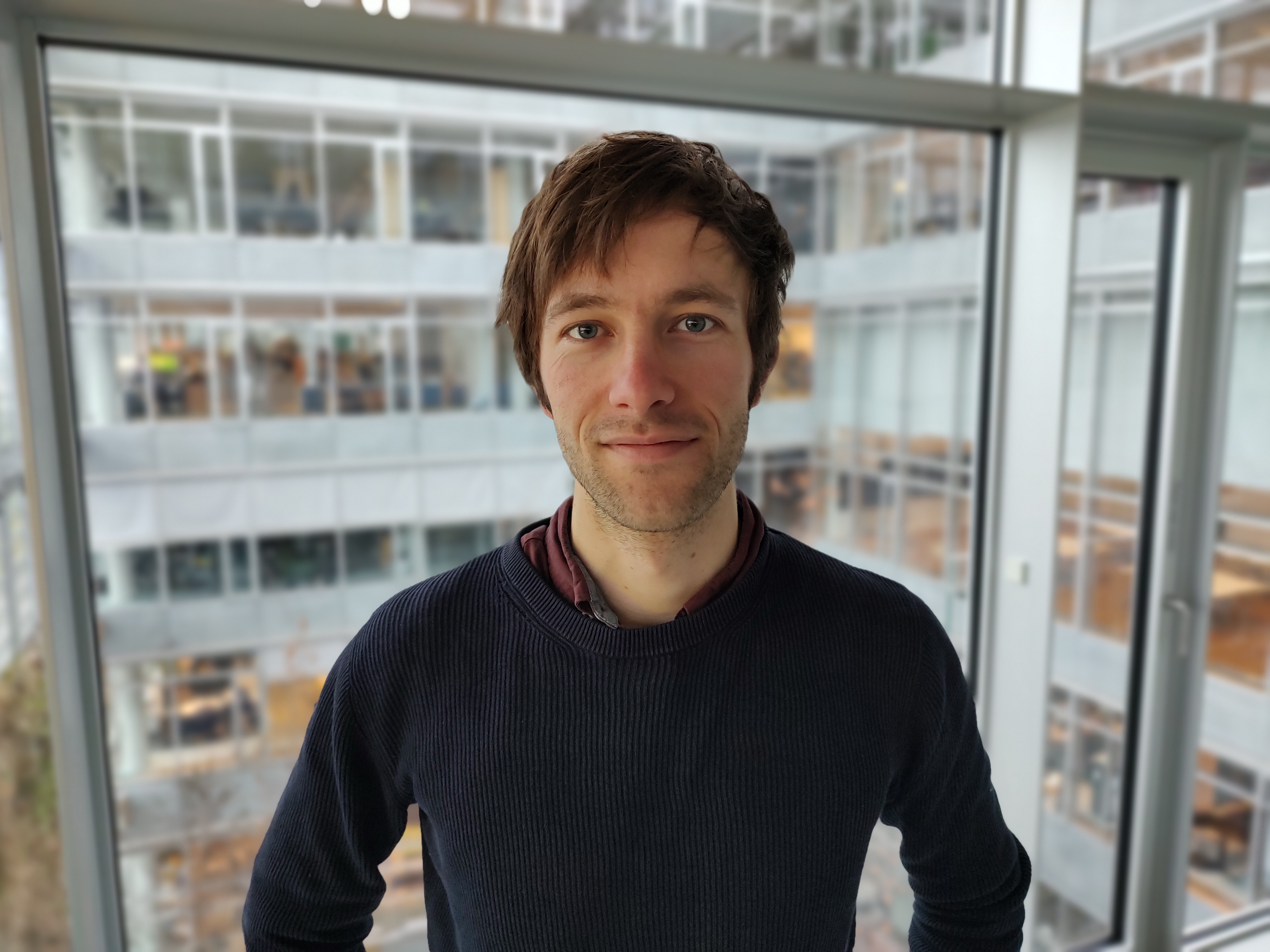Welcome!
To my personal website. Here you will find details about my research, my teaching, and perhaps my personal life.

Jonas L. Juul
Assistant Professor
Computer Science Department
IT University of Copenhagen
jjuuitu.dk
University address: Rued Langgaards Vej 7, 2300 Copenhagen S, Denmark
Office: 3F11, Kaj Munks Vej 9
@jonassjuul
@jonassjuul
[Curriculum Vitae]
I use statistical methods, mathematical modeling and computer simulations to study social networks, spreading processes and human behavior. Recently, I have been particularly interested in how content spreads between online users, and how to mitigate the spread of diseases in human populations. I approach these questions both empirically — using methods from modern data science — and theoretically with methods from physics and mathematical modeling.
Interested in joining my group? I am hiring PhDs and Postdocs in the near future. If you are looking for other opportunities, click here.
Biography
My research is generously supported by a Data Science Emerging Investigator 2024 grant from the Novo Nordisk Foundation. Before joining the IT University of Copenhagen, I was a Carlsberg Foundation Fellow at the Technical University of Denmark. Before that, I was a post-doctoral researcher at the Center for Applied Mathematics, Cornell University where I was fortunate to be mentored by Austin Benson, Jon Kleinberg and Steven Strogatz.
I was part of Statens Serum Institut's expert group on mathematical modeling of COVID-19 during the reopening of Denmark in the spring and summer of 2020.
I obtained my Ph.D. in Physics of Complex Systems from the Niels Bohr Institute in 2020. My Ph.D. supervisors were Joachim Mathiesen and Mogens H. Jensen.
Copyright © 2015 - All Rights Reserved - Domain Name
Template by OS Templates